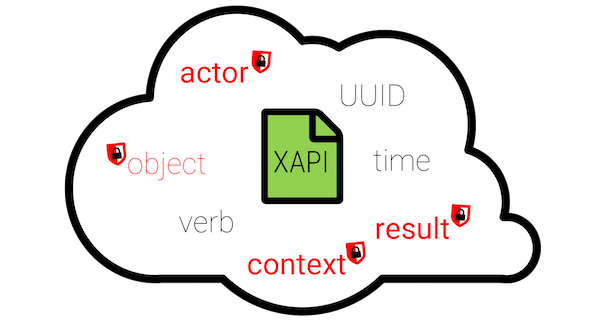Enriching Onboarding Experiences in Moodle
Among the key issues of bringing students into a for them new learning environment is that they have to learn and understand the concepts and principles of the environment. Introducing students to these concepts has been popularized by Gilly Salmon as "Sparks". Sparks refer to short introductory learning activities that help learners to get used to the environment of the following learning activities as well as helping educators to understand the capabilities of their students in woring in the learning environment. Such activities can be fully automated and in online marketing these fully automated guides to learn about the environment are subsumised as "Onboaring". In this article I elaborate on one onboarding strategy for the Moodle platform and introduce a small moodle plugin to helps in this process.
